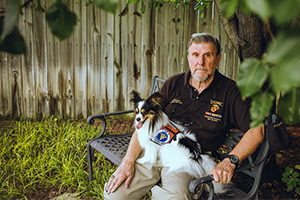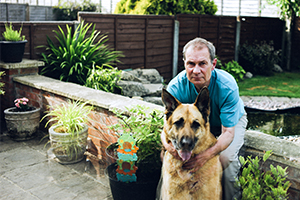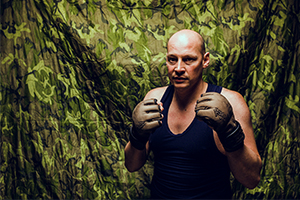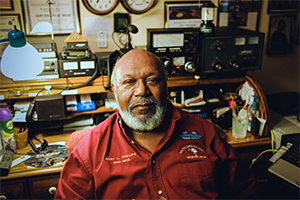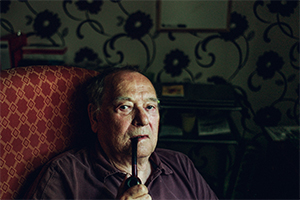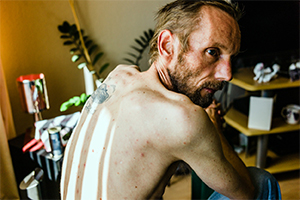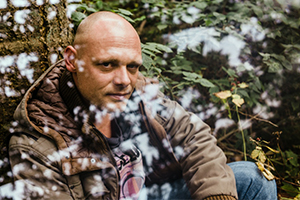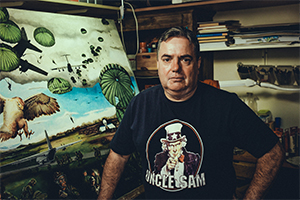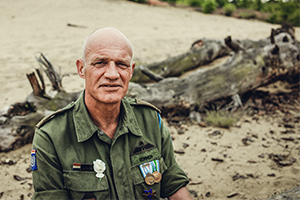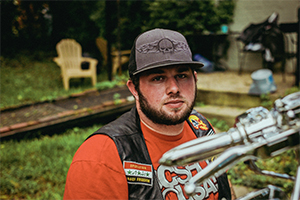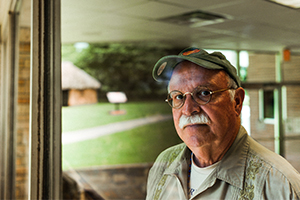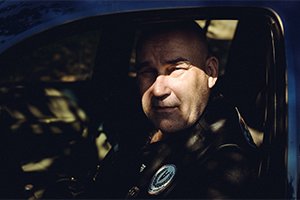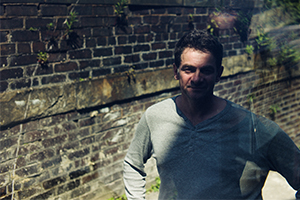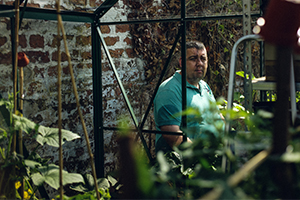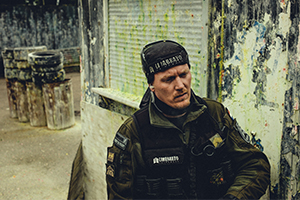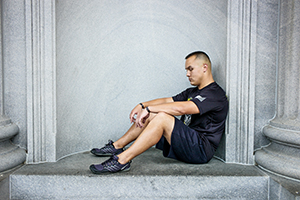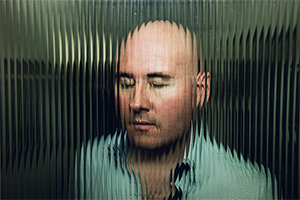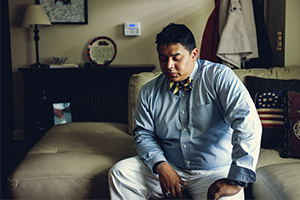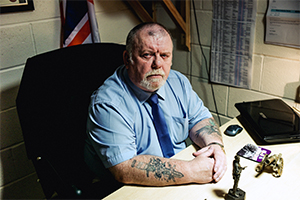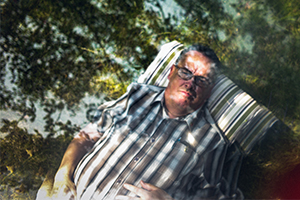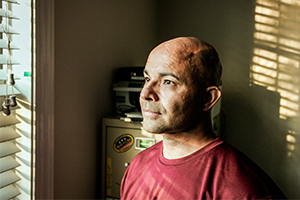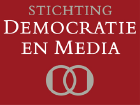ABOUT
Hidden Wounds is an interactive video clip about veterans with post-traumatic stress disorder (PTSD). It was inspired by an article by journalist Erwin James in The Guardian, about the uncontrolled violence that former soldiers – in particular war veterans – can display after returning to civilian life, as a result of post-traumatic stress.
Interview with Tom Barman
Here you can see the interview with dEUS frontman Tom Barman about the making of the song. "Everybody has been heartbroken, everybody has at least one or deaths in their life, but not a lot of people fight wars and see horrible things."
Find more about dEUS' music on their website deus.be or follow them on Facebook.com/dEUSmusic
Jimmy Johnson served in the British Army in Northern Ireland in the 1970s. After being discharged, his marriage disintegrated, he turned to drink and his behavior became increasingly erratic. During a panic attack, brought on by a sudden, intense noise, he murdered an innocent man. He spent years in prison and, shortly after his release, killed again. While accepting responsibility for his actions – he pleaded guilty on both occasions – he has spearheaded a campaign from prison using his own situation as an example of the far-reaching and devastating consequences that post-traumatic stress can have. He has also fought to gain recognition for the shocking number of veterans who end up in prison or commit suicide.
Johnson’s case is extreme – he killed two people – but not exceptional. The Western world has been at peace for more than 60 years. At least on its own soil. Yet while the civilian population remains safely out of harm’s way, young soldiers leave for new fronts. After their tour of duty they return to a society to which they often struggle to adapt.
Hidden Wounds tells the story of more than 20 of these veterans. They come from the Netherlands, Belgium, the United States and United Kingdom and served in missions and conflicts from the Second World War to Afghanistan. Although their experiences differ, they are all scarred by the same hidden wounds. A sudden noise, sharp smell, bright light, busy street, even the presence of other people can trigger flashbacks to a traumatic event. Estimates vary, but it is likely that at least 20 percent of deployed soldiers display symptoms of PTSD. This often has dramatic consequences. According to Hidden Wounds, a non-profit organization in Columbia, South Carolina, 22 veterans commit suicide every day in the United States.
Hidden Wounds is not an indictment of military or humanitarian peacekeeping missions. But if we send “our boys” to the front, do we not have a duty to consider their welfare and the possible consequences? The disorder should not be underestimated and should be included in the political decision-making about military missions and the mandate under which troops operate.
PTSD/PTSS
PTSD is a psychiatric disorder that can occur following a traumatic event. Symptoms include flashbacks, blackouts, difficulty concentrating, a feeling of alienation, poor sleep and irritability, which continue for months and sometimes even years after the event.
PTSD is typically associated with military veterans but can be found in all walks of life.
Read more about PTSD here: Wikipedia
PROSPEKTOR
Prospektor is a journalistic production agency which specializes in new forms of documentary storytelling. Find out more about Prospektor on their website (www.prospektor.nl).
AID
Nederland – Veteraneninstituut
Veteranen, dienstslachtoffers en hun thuisfront kunnen 24 / 7 bellen of mailen.
Web: www.veteraneninstituut.nl
Tel: 034 3474148
België – Instituut voor veteranen
Veteranen, dienstslachtoffers en hun thuisfront kunnen bellen of mailen.
Web: www.warveterans.be
Tel: 0800 1692277
United States – VA
Please contact your local Veterans Administration (VA)
Web: www.va.gov
Tel: (800) 273-TALK or
(877) WAR-VETS
Great Britain – Veterans Agency
Veterans, military personnel and family members can contact their local Veterans Agency.
Web: www.veterans-uk.info
Tel: 0800-1692277


